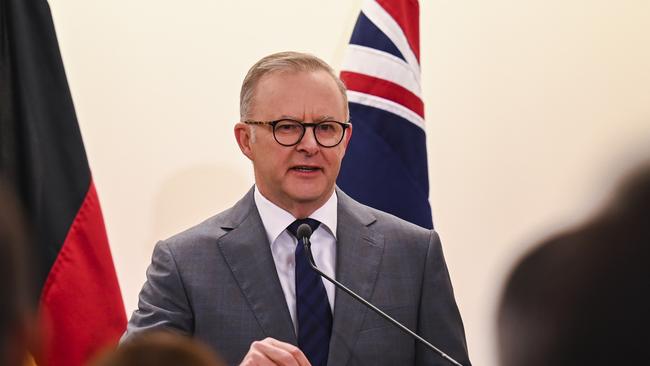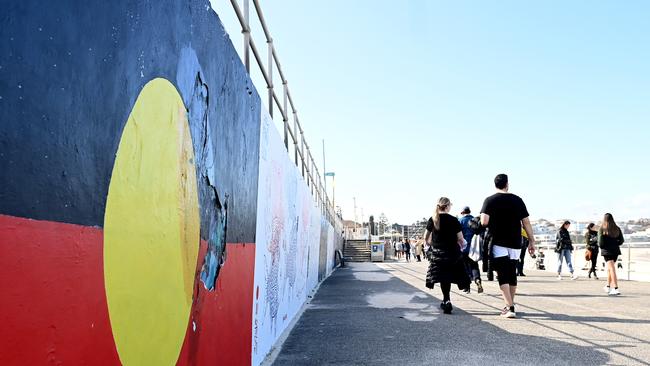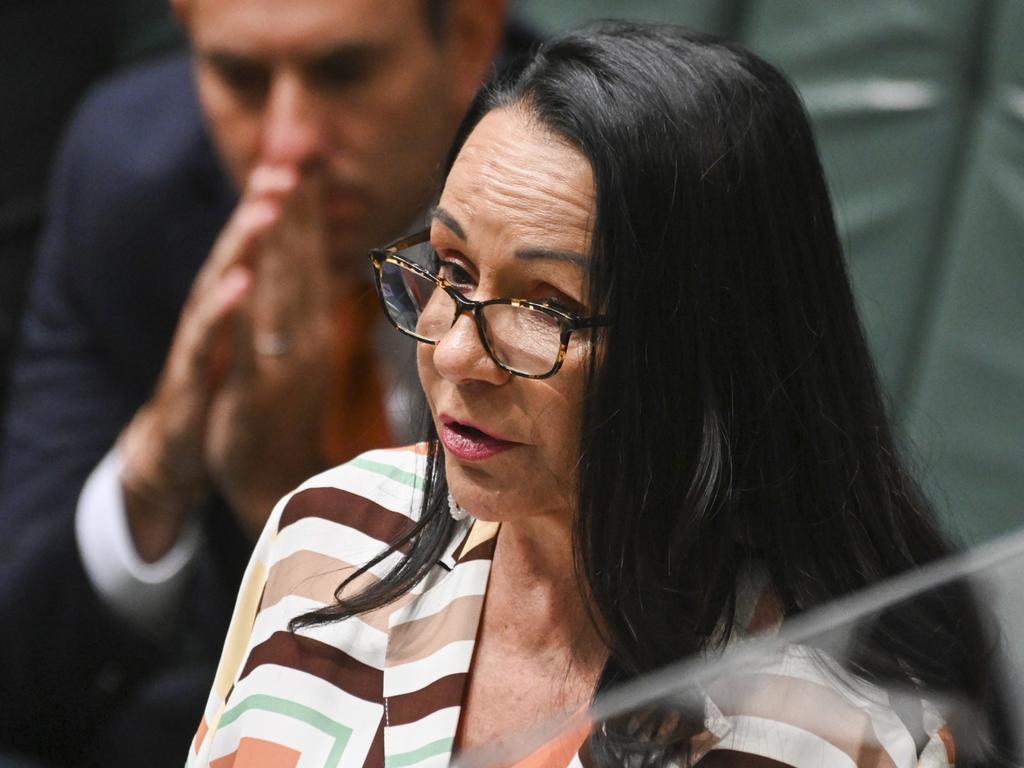
They will also know that many people, including politicians, are frightened to speak out for fear of being tagged as a racist.
Many of our top lawyers fear losing their government business if they raise the dangers.
It is therefore left to commentators like myself to explain the dangers in the “voice” referendum and guide politicians to how all the First Nation sentiments that Albanese has been expressing – almost all of which I agree with – can be delivered without the nasty side effects of the current proposal.
The wording in our constitution as a result of the 1967 referendum means we already have the constitutional power to deliver the base Albanese aim via the parliament.
I am not a constitutional lawyer, but I asked a veteran of these matters to help guide readers in simple terms to at least one of the likely repercussions.
Since the outcome will depend on High Court interpretation no one can be sure what the “voice” proposal means.
Under the constitutional proposals a body will be set up to make representations to the executive government on matters relating to First Nation people.
It will be up to the High Court to determine what those words mean, but to me as a reasonable person “executive government” means the cabinet and the First Nation body would not be restricted to advising the cabinet on matters that purely impact First Nation people.
Most cabinet matters relate to vast areas of the population, including First Nation people.
That means just about everything that the cabinet looks at can be said to relate to First Nation people – as well as everyone else – and will therefore require representation from the First Nations body.

Others will take a different view on what the constitutional change means, but the above interpretation will certainly be near the top of the list of those considered by the High Court.
Now we go one step further.
The First Nations body that is going to be set up is very likely to require representation from the approximately 250 individual nations that were created by their forebears.
Conceivably, two people from each nation may be required.
We are looking at a large body that may have more members than the Australian parliament making representations on most cabinet matters.
It will need substantial resources to research cabinet matters so a substantial administrative structure would be required.
Advocates of the voice say that the High Court would not be so foolish to make such an interpretation but, given the proposed wording, there is certainly a high risk of this happening.
With such wide-ranging power to delay actions, there will be much Greens-style bargaining and high on the agenda of many First Nation people is that they believe they own all the land and want some form of rent to be charged.
That issue will become part of the bargaining process.
How do we get around the problem while keeping faith with the assurances and promises made by the PM?
I believe the vast majority of Australians would be very happy to have a constitutional preamble stating the contribution of First Nation people over the centuries.
Section 51 (26) of the constitution enables the parliament to make laws with respect to the people of any race for whom it is deemed necessary to make special laws.
The constitution therefore gives the parliament the power to make laws about First Nation people, which will enable any body set up to embrace any task covered by the legislation.
Importantly, the power remains within the parliament, not the High Court.
It is highly likely Australians will support such a proposal avoiding the fierce relation-destroying debate we have ahead of us if the current plan goes to a referendum.
Naturally, neither Albanese nor Dutton can set policy on the basis of my version of constitutional affairs.
Albanese should ask Commonwealth Solicitor-General Dr Stephen Donaghue KC on what the High Court “could” decide if a voice-style constitutional change is submitted to our highest judiciary. No one can say what they will decide.
Donahue will set out clearly the options before the High Court, not just in my particular area of concentration but the entire voice ambit.
Dutton will want a second opinion and I suggest he approach former Solicitor General Dr David Bennett.
We will then see the risks we are taking in very clear terms.
If those reviews show the dangers, then Albanese, Dutton and most Australians will conclude that we should avoid a constitutionally set up body and replace it with a parliamentary body.





It is highly likely that both PM Anthony Albanese and the Leader of the Opposition Peter Dutton now know the endless bureaucracy the current referendum proposal threatens to inflict on the running of Australia as a nation.